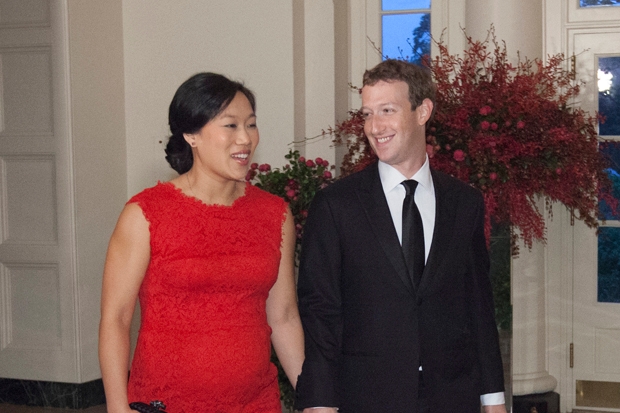The Egyptian driver of a London minicab said almost nothing during our journey but dropped me off at my destination with the words ‘What do you think of the condition of the world at the moment?’ He didn’t think well of it himself, he added: and I could not but agree. I don’t think I’ve ever felt so uneasy, not even during the Cuban missile crisis. The threats to international order and stability are now so varied and so amorphous that it is difficult to know how they are to be confronted, and even more difficult to predict when or where the next horror will erupt.
But that, I suppose, gives us all the more need to be hopeful and to look on the bright side of life. Just before Christmas, a commission chaired by Baroness Butler-Sloss reported that Britain was no longer a Christian country and should stop behaving as if it was. But to attend Christmas church services was to be reminded that the Christian message of peace, love and goodwill, which continues to inspire even those without faith, is founded on hope and is still our strongest bulwark against the barbarism of Isis.
And then there was the decision of 31-year-old Mark Zuckerberg, the founder of Facebook, and his wife, Priscilla Chan, to give 99 per cent of their shares in the company, currently valued at $45 billion, towards making the world a better, healthier and more equal place. They were much mocked for this and accused of seeking to rebrand the pursuit of their own selfish interests as philanthropy. One can see why. Such gestures by the immensely rich always arouse suspicion, especially when they are accompanied by great emphasis on ‘promoting equality’. Warren Buffett was similarly attacked a few years ago when he committed $30 billion to the Bill and Melinda Gates Foundation ‘to reduce inequities and improve lives around the world’.








Comments
Join the debate for just £1 a month
Be part of the conversation with other Spectator readers by getting your first three months for £3.
UNLOCK ACCESS Just £1 a monthAlready a subscriber? Log in